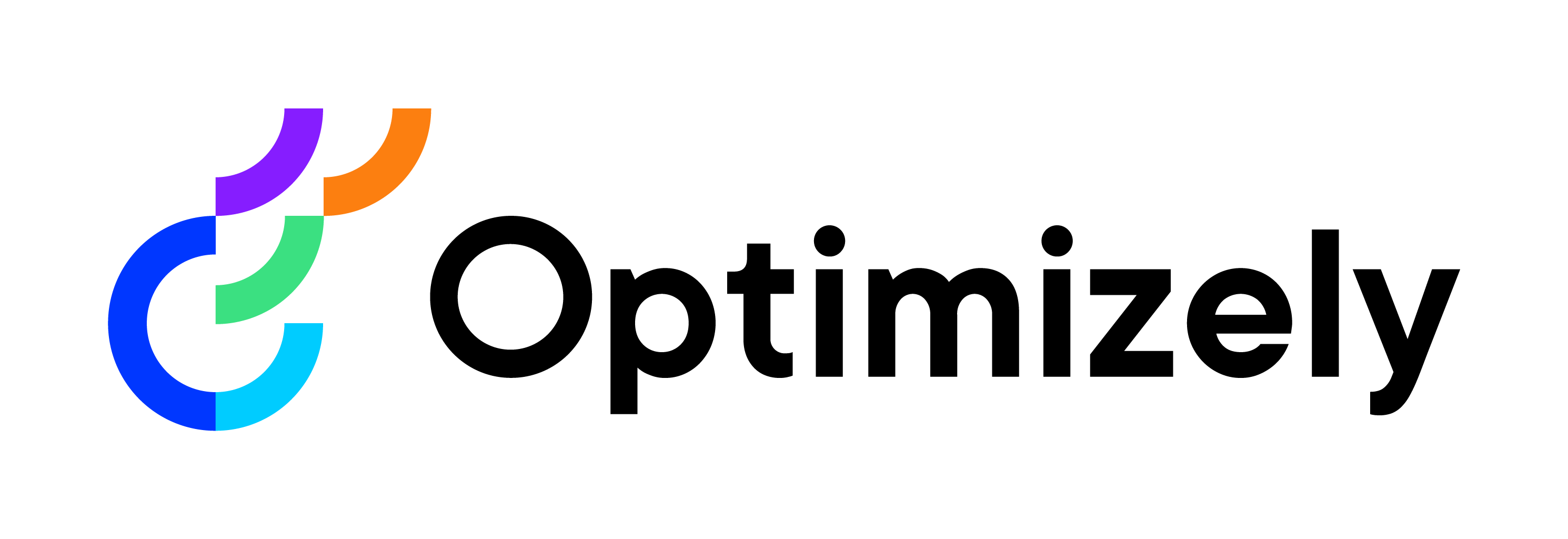
Optimizely Configured Commerce: Complete Buyer's Guide
Enterprise-grade AI-powered ecommerce platform
Optimizely Configured Commerce is an enterprise-grade AI-powered ecommerce platform specifically engineered for complex B2B operations and omnichannel requirements. It positions itself as a comprehensive solution for organizations seeking to consolidate multiple ecommerce platforms while implementing advanced machine learning capabilities for conversion optimization [56][61][62].
Market Position & Maturity
Market Standing
Optimizely Configured Commerce operates within the $8.65 billion AI-enabled ecommerce market projected to reach $22.60 billion by 2032 [13], positioning itself in the enterprise segment focused on complex B2B requirements.
Company Maturity
The platform's market maturity is evidenced through documented enterprise implementations including Australian Red Cross's consolidation of four ecommerce platforms [64][71] and multiple customer success stories spanning various industries.
Industry Recognition
Industry recognition includes integration with Optimizely's broader digital experience suite, providing unified customer journey management across touchpoints [65][81].
Strategic Partnerships
Strategic partnerships enable comprehensive implementation support, with partners like LEVO using workshop-driven discovery phases to align platform capabilities with business objectives [25].
Longevity Assessment
The platform's competitive standing reflects specialization in B2B ecommerce requirements that many alternatives lack, including sophisticated approval workflows, bulk ordering capabilities, and complex catalog management [56][61][71].
Proof of Capabilities
Customer Evidence
Dakota Supply Group achieved 4x order increases with 25% higher line items per order following Optimizely Configured Commerce implementation [64]. Hamilton documented 130% sales increase within ten months post-implementation [65].
Quantified Outcomes
Dakota Supply Group achieved 4x order increases with 25% higher line items per order [64]. Hamilton documented 130% sales increase within ten months [65]. Java Planet doubled upsell revenue using Optimizely's AI-powered funnels, achieving 125% checkout rate increases [45][56].
Case Study Analysis
Australian Red Cross successfully consolidated four separate ecommerce platforms using Optimizely's structured implementation framework, achieving significant revenue improvements within six months [64][71].
Market Validation
The platform's enterprise customer base includes organizations across manufacturing, distribution, and retail sectors, providing market validation for B2B-focused functionality.
Reference Customers
Enterprise customers include Dakota Supply Group, Hamilton, Java Planet, and Australian Red Cross [64][65][45][56].
AI Technology
Optimizely Configured Commerce deploys sophisticated machine learning algorithms for real-time behavioral analysis, processing browsing history, purchase patterns, and user interactions to generate personalized product recommendations and dynamic pricing adjustments [57][62][56].
Architecture
Headless architecture supports omnichannel requirements through flexible frontend implementations while maintaining robust backend functionality [65][81].
Primary Competitors
Primary competitors include commercetools for composable architecture flexibility [87][82], Dynamic Yield for specialized AI-powered personalization [50][82], and traditional platforms like Shopify for accessible ecommerce functionality [41][53].
Competitive Advantages
Competitive advantages center on comprehensive B2B functionality including quote management, approval workflows, and bulk ordering capabilities that many competitors lack [56][61].
Market Positioning
Unique market position combines sophisticated AI capabilities with specialized B2B functionality, differentiating from pure-play AI tools that lack comprehensive ecommerce features and traditional platforms that lack advanced personalization [56][61][71].
Win/Loss Scenarios
Optimizely wins when organizations require comprehensive B2B functionality with AI-powered personalization, particularly for platform consolidation projects and complex approval workflows.
Key Features
Pros & Cons
Use Cases
Integrations
Featured In Articles
Comprehensive analysis of CRO / Revenue Boosting for Ecommerce for Ecommerce businesses and online retailers. Expert evaluation of features, pricing, and implementation.
How We Researched This Guide
About This Guide: This comprehensive analysis is based on extensive competitive intelligence and real-world implementation data from leading AI vendors. StayModern updates this guide quarterly to reflect market developments and vendor performance changes.
147+ verified sources per analysis including official documentation, customer reviews, analyst reports, and industry publications.
- • Vendor documentation & whitepapers
- • Customer testimonials & case studies
- • Third-party analyst assessments
- • Industry benchmarking reports
Standardized assessment framework across 8 key dimensions for objective comparison.
- • Technology capabilities & architecture
- • Market position & customer evidence
- • Implementation experience & support
- • Pricing value & competitive position
Research is refreshed every 90 days to capture market changes and new vendor capabilities.
- • New product releases & features
- • Market positioning changes
- • Customer feedback integration
- • Competitive landscape shifts
Every claim is source-linked with direct citations to original materials for verification.
- • Clickable citation links
- • Original source attribution
- • Date stamps for currency
- • Quality score validation
Analysis follows systematic research protocols with consistent evaluation frameworks.
- • Standardized assessment criteria
- • Multi-source verification process
- • Consistent evaluation methodology
- • Quality assurance protocols
Buyer-focused analysis with transparent methodology and factual accuracy commitment.
- • Objective comparative analysis
- • Transparent research methodology
- • Factual accuracy commitment
- • Continuous quality improvement
Quality Commitment: If you find any inaccuracies in our analysis on this page, please contact us at research@staymodern.ai. We're committed to maintaining the highest standards of research integrity and will investigate and correct any issues promptly.